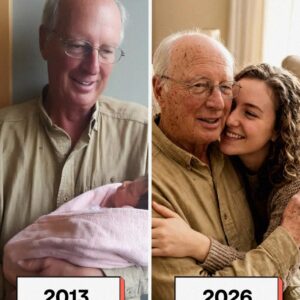She was once America’s sweetheart—an ’80s standout in Red Dawn, Ferris Bueller’s Day Off, and, above all, Dirty Dancing. But after a 1989 rhinoplasty (followed by a second corrective surgery), Jennifer Grey found herself nearly unrecognizable. “I went in a celebrity and came out anonymous,” she later said, as roles dried up and public confusion replaced the momentum of her greatest hit.
In her 2022 memoir, Out of the Corner, Grey recounts the shame, rumors, and career fallout that followed. Directors re-shot around her face; tabloids speculated she’d always hated her looks. She writes that overnight she felt reduced to “nothing but a nose,” watching opportunity evaporate despite her talent and fame.
Grey insists the surgery wasn’t vanity but survival. Hollywood kept telling her “no” because of how she looked; relatives had undergone similar procedures; and her family’s history as Jews who changed names to blend in shaped the pressure she felt. She tried to resist, then relented—only to discover the change cost her the very identity audiences cherished.
Decades on, AI “reimaginations” of how she might look without surgery have reignited the conversation—stark side-by-side reminders of how a single decision can alter a career and a cultural memory. Whether or not the world ever sees “Baby” the same way again, Grey’s story stands as a candid meditation on beauty standards, assimilation, and the high price of recognition.





